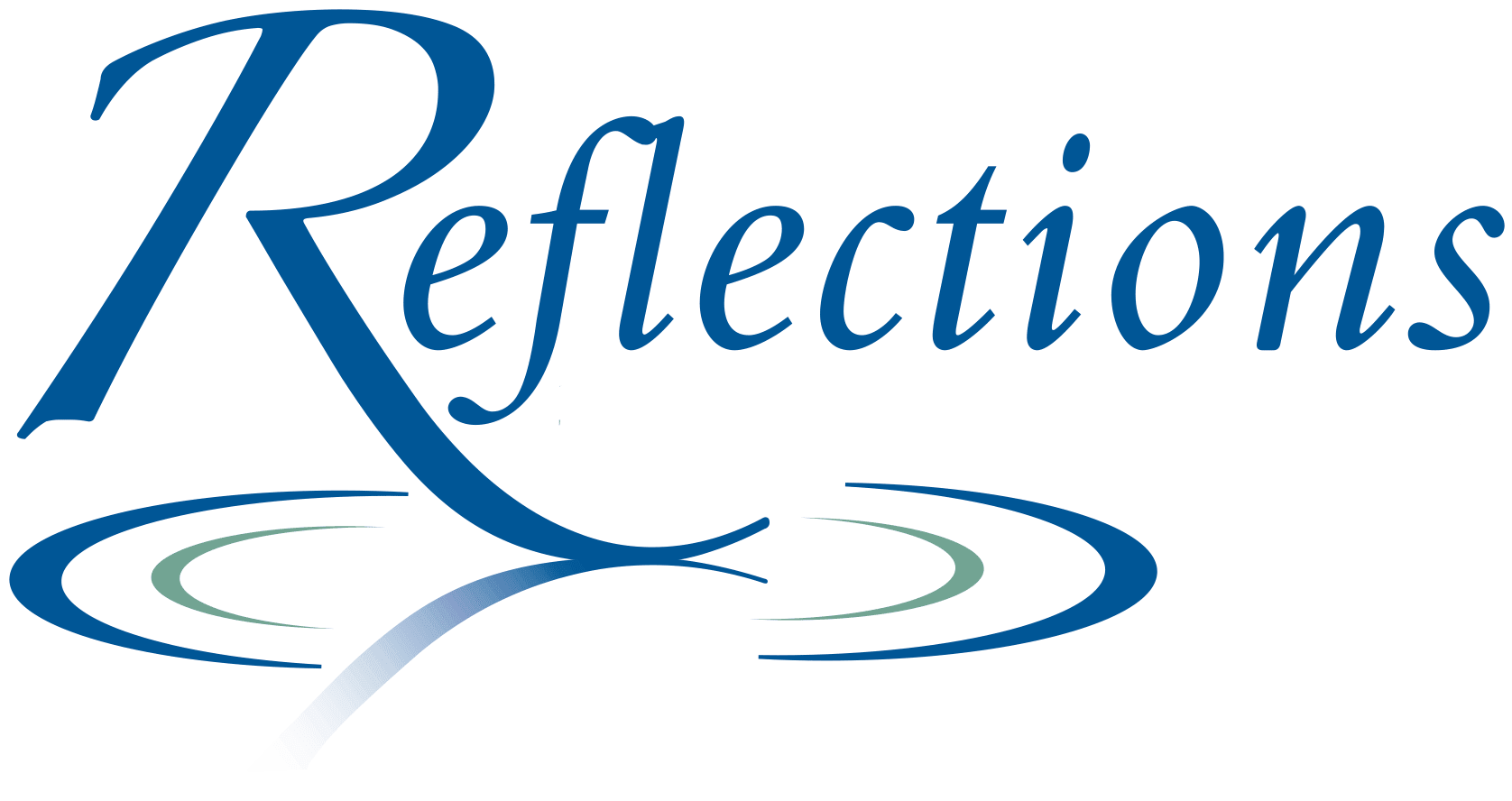The protection of sensitive data is now a major concern for all organizations in this digital age. Health Insurance Portability and Accountability Act or HIPAA is a law that offers guidelines to the healthcare industry for managing processing, storing, and safeguarding protected health information. HIPAA Compliance is vital for healthcare organizations to safeguard privacy while avoiding penalties and maintaining an excellent reputation.

HIPAA law applies to healthcare providers and health plans, as well as healthcare clearinghouses. Additionally, it covers business associates who are HIPAA-covered. PHI is any information which can be used as a means of identifying an person. This comprises names, addresses, credit card details and Social Security numbers. PHI is highly important in the black market because of its potential use in fraud involving identity.
The HIPAA privacy rule provides guidelines on the use and disclosure PHI. The covered entities must implement guidelines and procedures to ensure the integrity, confidentiality and accessibility of electronic personal health information (ePHI). These policies must include access controls, security incident procedures, security education, and other measures to protect the privacy of PHI. The covered entities are required to restrict their use and disclosure of PHI to what is required to fulfill the end-goal to which they are used or disclosed.
The Security Rule of HIPAA requires that entities who are subject to the rule guarantee the integrity and confidentiality of ePHI with reasonable and adequate administrative and physical security measures. These safeguards consist of audit controls and access controls as well as integrity controls transmission safety, integrity controls, and contingency plans. These entities must also perform periodic assessments of risk to identify potential vulnerabilities, and implement measures to reduce those risks.
HIPAA’s Breach Notification Rule mandates that covered entities inform affected individuals or affected, as well as the Secretary of Health and Human Services and in certain circumstances media in the case of an unintentional breach of PHI. A breach is defined as an acquisition, access, disclosure, or use of PHI which violates the Privacy Rule and threatens its privacy or security. To determine if PHI could have been compromised, and the potential harm from a breach, covered entities must conduct a risk evaluation.
HIPAA stipulates that all employees receive continuous education and training to help them understand their responsibilities and roles with regard to the privacy and security of patients. The covered entities are also required to carry out regular risk assessments in order to identify vulnerabilities and implement mitigation measures. These measures can include implementing security controls, encryption of ePHI and devising a contingency plan in the event of a security attack.
Technology has impacted almost every aspect of modern life, and healthcare is no exception. Electronic health records are an innovative device that allows healthcare providers to store and manage the patient’s information in a seamless way. However it has also created major cybersecurity risks, making an absolute compliance with HIPAA guidelines vital. Data of patients is highly sensitive and should be kept protected throughout the day. The importance of HIPAA is higher than ever, due to the rising risk of cyberattacks. HIPAA assists in protecting the security and privacy of information about patients, building patients’ trust in the healthcare professionals they trust.
HIPAA compliance can help healthcare providers ensure privacy of patients while maintaining the trust of their patients. HIPAA violation can result in massive fines, lawsuits, and reputational damage. Office for Civil Rights of Department of Health and Human Services (OCR) enforces HIPAA rules and has the authority to investigate complaints and review the compliance of organizations.
HIPAA compliance is essential for healthcare institutions to ensure patient privacy in the digital age. The regulations of HIPAA provide specific guidelines for how to manage, store, manage, and protect protected health information. Healthcare institutions must ensure they are following policies and procedures to be in compliance with HIPAA regulations, conduct regular risk assessments, as well as provide regular training and education to their employees. By doing so, they can maintain the trust of their clients and avoid costly penalties and legal actions.
For more information, click why is hipaa important
